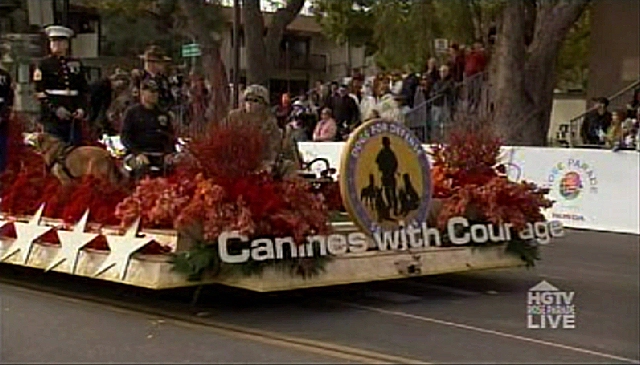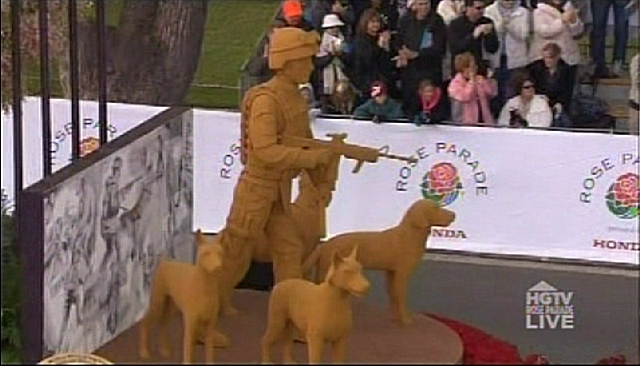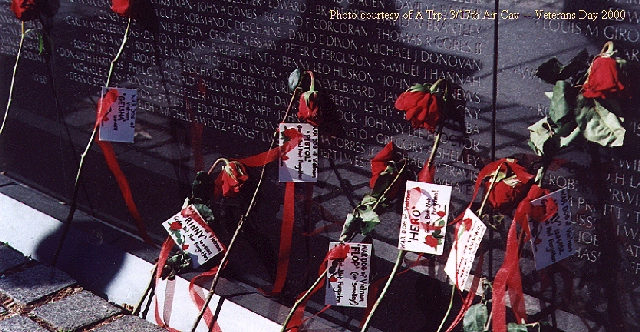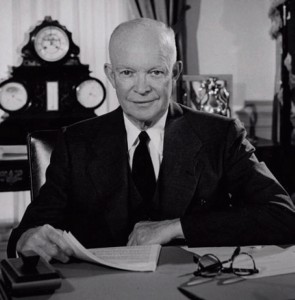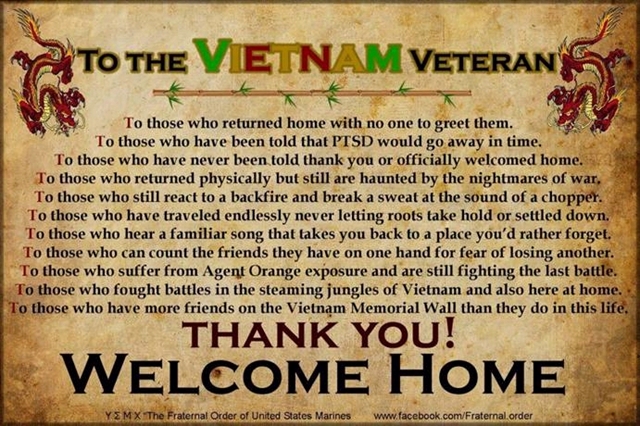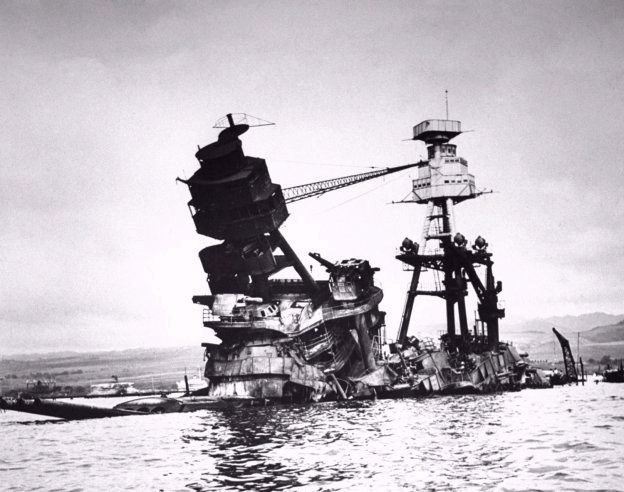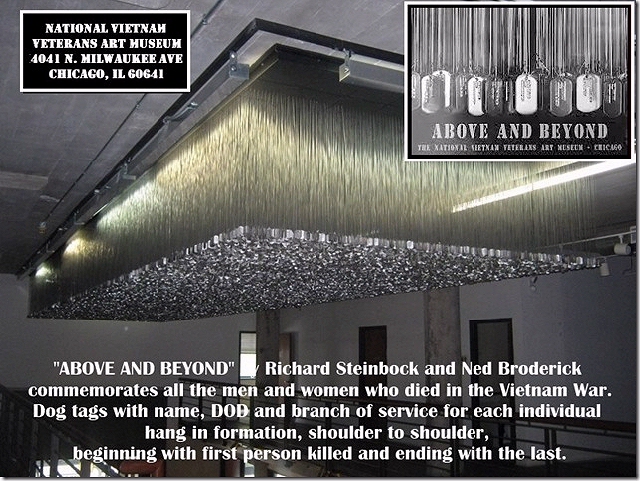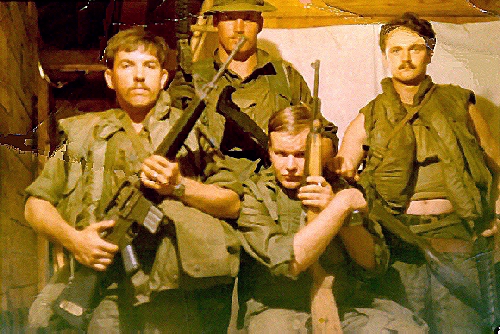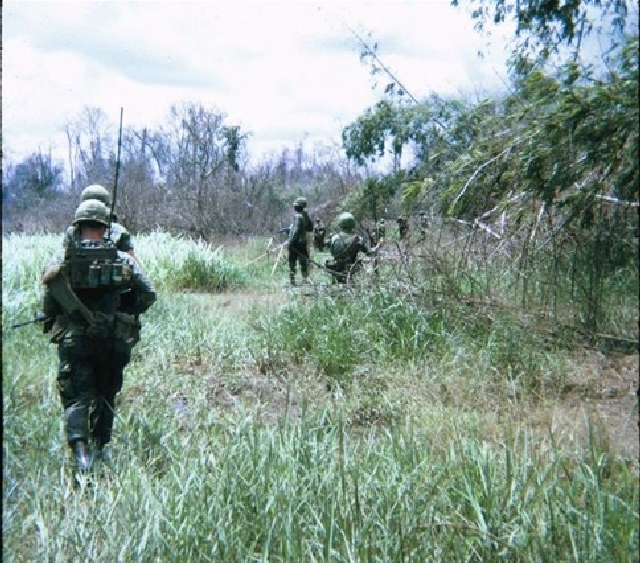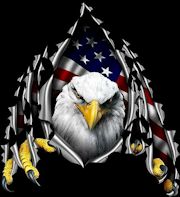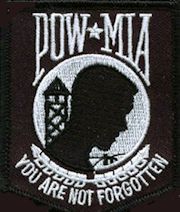Submitted by Bob Scurzi, Spur Scout:
Life is Like a Box of “C” Rations
Truman Library
12 September 2009
Speech by Major General Robert Scales USA (Ret) at Truman Library
Mr. Skelton, Mr. Cleaver, distinguished guests and, most importantly, fellow veterans. What a great thrill it is see my comrades in arms assembled here so many years after we shared our experiences in war.
Let me give you the bottom line up front: I’m proud I served in Vietnam. Like you I didn’t kill innocents, I killed the enemy; I didn’t fight for big oil or for some lame conspiracy. I fought for a country I believed in and for the buddies who kept me alive. Like you I was troubled that, unlike my father, I didn’t come back to a grateful nation. It took a generation and another war, Desert Storm, for the nation to come back to me.
Also like you I remember the war being 99 percent boredom and one percent pure abject terror. But not all my memories of Vietnam are terrible. There were times when I enjoyed my service in combat. Such sentiment must seem strange to a society today that has, thanks to our superb volunteer military, been completely insulated from war. If they thought about Vietnam at all our fellow citizens would imagine that fifty years would have been sufficient to erase this unpleasant war from our conscientiousness. Looking over this assembly it’s obvious that the memory lingers, and those of us who fought in that war remember.
The question is why? If this war was so terrible why are we here? It’s my privilege today to try to answer that question not only for you, brother veterans, but maybe for a wider audience for whom, fifty years on; Vietnam is as strangely distant as World War One was to our generation.
Vietnam is seared in our memory for the same reason that wars have lingered in the minds of soldiers for as long as wars have been fought. From Marathon to Mosul young men and now women have marched off to war to learn that the cold fear of violent death and the prospects of killing another human being heighten the senses and sear these experiences deeply and irrevocably into our souls and linger in the back recesses of our minds.
After Vietnam we may have gone on to thrilling lives or dull; we might have found love or loneliness, success or failure. But our experiences have stayed with us in brilliant Technicolor and with a clarity undiminished by time. For whatever primal reason, war heightens the senses. When in combat we see sharper, hear more clearly and develop a sixth sense about everything around us.
Remember the sights? I recall sitting in the jungle one bright moonlit night marveling on the beauty of Vietnam. How lush and green it was; how attractive and gentle the people, how stoic and unmoved they were amid the chaos that surrounded them..
Do you remember the sounds? Where else could you stand outside a bunker and listen to the cacophonous mix of Jimmy Hendrix, Merle Haggard and Jefferson Airplane? Or how about the sounds of incoming? Remember it wasn’t a boom like in the movies but a horrifying noise like a passing train followed by a crack and the whistle of flying fragments.
Remember the smells? The sharpness of cordite, the choking stench of rotting jungle and the tragic sweet smell of enemy dead.
I remember the touch, the wet, sticky sensation when I touched one of my wounded soldiers one last time before the MEDEVAC rushed him forever from our presence but not from my memory, and the guilt I felt realizing that his pain was caused by my inattention and my lack of experience. Even taste is a sense that brings back memories. Remember the end of the day after the log bird flew away leaving mail, C rations and warm beer? Only the first sergeant had sufficient gravitas to be allowed to turn the C ration cases over so that all of us could reach in and pull out a box on the unlabeled side hoping that it wasn’t going to be ham and lima beans again.
Look, forty years on I can forgive the guy who put powder in our ammunition so foul that it caused our M-16s to jam. I’m OK with helicopters that arrived late. I’m over artillery landing too close and the occasional canceled air strike. But I will never forgive the Pentagon bureaucrat who in an incredibly lame moment thought that a soldier would open a can of that green, greasy, gelatinous goo called ham and lima beans and actually eat it.
But to paraphrase that iconic war hero of our generation, Forrest Gump, life is like a case of C Rations, you never know what you’re going to get because for every box of ham and lima beans there was that rapturous moment when you would turn over the box and discover the bacchanalian joy of peaches and pound cake. It’s all a metaphor for the surreal nature of that war and its small pleasures…Those who have never known war cannot believe that anyone can find joy in hot beer and cold pound cake. But we can.
Another reason why Vietnam remains in our consciousness is that the experience has made us better. Don’t get me wrong. I’m not arguing for war as a self improvement course. And I realize that war’s trauma has damaged many of our fellow veterans physically, psychologically and morally. But recent research on Post Traumatic Stress Disorder by behavioral scientists has unearthed a phenomenon familiar to most veterans: that the trauma of war strengthens rather than weakens us (They call it Post Traumatic Growth). We know that a near death experience makes us better leaders by increasing our self reliance, resilience, self image, confidence and ability to deal with adversity. Combat veterans tend to approach the future wiser, more spiritual and content with an amplified appreciation for life. We know this is true. It’s nice to see that the human scientists now agree. I’m proud that our service left a legacy that has made today’s military better. Sadly Americans too often prefer to fight wars with technology. Our experience in Vietnam taught the nation the lesson that war is inherently a human not a technological endeavor. Our experience is a distant whisper in the ear of today’s technology wizards that firepower is not sufficient to win, that the enemy has a vote, that the object of war should not be to kill the enemy but to win the trust and allegiance of the people and that the ultimate weapon in this kind or war is a superbly trained, motivated, and equipped soldier who is tightly bonded to his buddies and who trusts his leaders. I’ve visited our young men and women in Iraq and Afghanistan several times. On each visit I’ve seen firsthand the strong connection between our war and theirs. These are worthy warriors who operate in a manner remarkably reminiscent of the way we fought so many years ago. The similarities are surreal.
Close your eyes for a moment and it all comes rushing back. In Afghanistan I watched soldiers from my old unit, the 101st Airborne Division, as they conducted daily patrols from firebases constructed and manned in a manner virtually the same as those we occupied and fought from so many years ago. Every day these sky soldiers trudge outside the wire and climb across impossible terrain with the purpose as one sergeant put it – to kill the bad guys, protect the good guys and bring home as many of my soldiers as I can.. Your legacy is alive and well. You should be proud.
The timeless connection between our generation and theirs can be seen in the unity and fighting spirit of our soldiers in Iraq and Afghanistan. Again and again, I get asked the same old question from folks who watch soldiers in action on television: why is their morale so high? Don’t they know the American people are getting fed up with these wars? Don’t they know Afghanistan is going badly? Often they come to me incredulous about what they perceive as a misspent sense of patriotism and loyalty.
I tell them time and again what every one of you sitting here today, those of you who have seen the face of war, understand: it’s not really about loyalty. It’s not about a belief in some abstract notion concerning war aims or national strategy. It’s not even about winning or losing. On those lonely firebases as we dug through C ration boxes and drank hot beer we didn’t argue the righteousness of our cause or ponder the latest pronouncements from McNamara or Nixon or Ho Chi Minh for that matter. Some of us might have trusted our leaders or maybe not. We might have been well informed and passionate about the protests at home or maybe not. We might have groused about the rich and privileged, who found a way to avoid service but we probably didn’t. We might have volunteered for the war to stop the spread of global communism or maybe we just had a failing semester and got swept up in the draft.
In war young soldiers think about their buddies. They talk about families, wives and girlfriends and relate to each other through very personal confessions. For the most part the military we served with in Vietnam did not come from the social elite. We didn’t have Harvard degrees or the pedigree of political bluebloods. We were in large measure volunteers and draftees from middle and lower class America. Just as in Iraq today we came from every corner of our country to meet in a beautiful yet harsh and forbidding place, a place that we’ve seen and experienced but can never explain adequately to those who were never there.
Soldiers suffer, fight and occasionally die for each other. It’s as simple as that. What brought us to fight in the jungle was no different than the motive force that compels young soldiers today to kick open a door in Ramadi with the expectation that what lies on the other side is either an innocent huddling with a child in her arms or a fanatic insurgent yearning to buy his ticket to eternity by killing the infidel. No difference. Patriotism and a paycheck may get a soldier into the military but fear of letting his buddies down gets a soldier to do something that might just as well get him killed.
What makes a person successful in America today is a far cry from what would have made him a success in the minds of those assembled here today. Big bucks gained in law or real estate, or big deals closed on the stock market made some of our countrymen rich. But as they have grown older they now realize that they have no buddies. There is no one who they are willing to die for or who is willing to die for them. William Manchester served as a Marine in the Pacific during World War II and put the sentiment precisely right when he wrote: “Any man in combat who lacks comrades who will die for him, or for whom he is willing to die is not a man at all. He is truly damned.”
The Anglo Saxon heritage of buddy loyalty is long and frightfully won. Almost six hundred years ago the English king, Henry V, waited on a cold and muddy battlefield to face a French army many times his size. Shakespeare captured the ethos of that moment in his play Henry V. To be sure Shakespeare wasn’t there but he was there in spirit because he understood the emotions that gripped and the bonds that brought together both king and soldier. Henry didn’t talk about national strategy. He didn’t try to justify faulty intelligence or ill formed command decisions that put his soldiers at such a terrible disadvantage. Instead, he talked about what made English soldiers fight and what in all probably would allow them to prevail the next day against terrible odds. Remember this is a monarch talking to his men:
This story shall the good man teach his son; And Crispin
Crispian shall ne’er go by, From this day to the ending of the
world, But we in it shall be remembered- We few, we happy few,
we band of brothers; For he to-day that sheds his blood with me
Shall be my brother; be he ne’er so vile, This day shall gentle
his condition; And gentlemen in England now-a-bed Shall think
themselves accurs’d they were not here, And hold their manhoods
cheap whiles any speaks That fought with us upon Saint Crispin’s day.
You all here assembled inherit the spirit of St Crispin’s day. You know and understand the strength of comfort that those whom you protect, those in America now abed, will never know. You have lived a life of self awareness and personal satisfaction that those who watched you from afar in this country who hold their manhood cheap can only envy.
I don’t care whether America honors or even remembers the good service we performed in Vietnam. It doesn’t bother me that war is an image that America would rather ignore. It’s enough for me to have the privilege to be among you. It’s sufficient to talk to each of you about things we have seen and kinships we have shared in the tough and heartless crucible of war.
Some day we will all join those who are serving so gallantly now and have preceded us on battlefields from Gettysburg to Wanat. We will gather inside a firebase to open a case of C rations with every box peaches and pound cake. We will join with a band of brothers to recount the experience of serving something greater than ourselves. I believe in my very soul that the almightily reserves a corner of heaven, probably around a perpetual campfire where some day we can meet and embrace all of the band of brothers throughout the ages to tell our stories while envious standers-by watch and wonder how horrific and incendiary the crucible of violence must have been to bring such a disparate assemblage so close to the hand of God.

